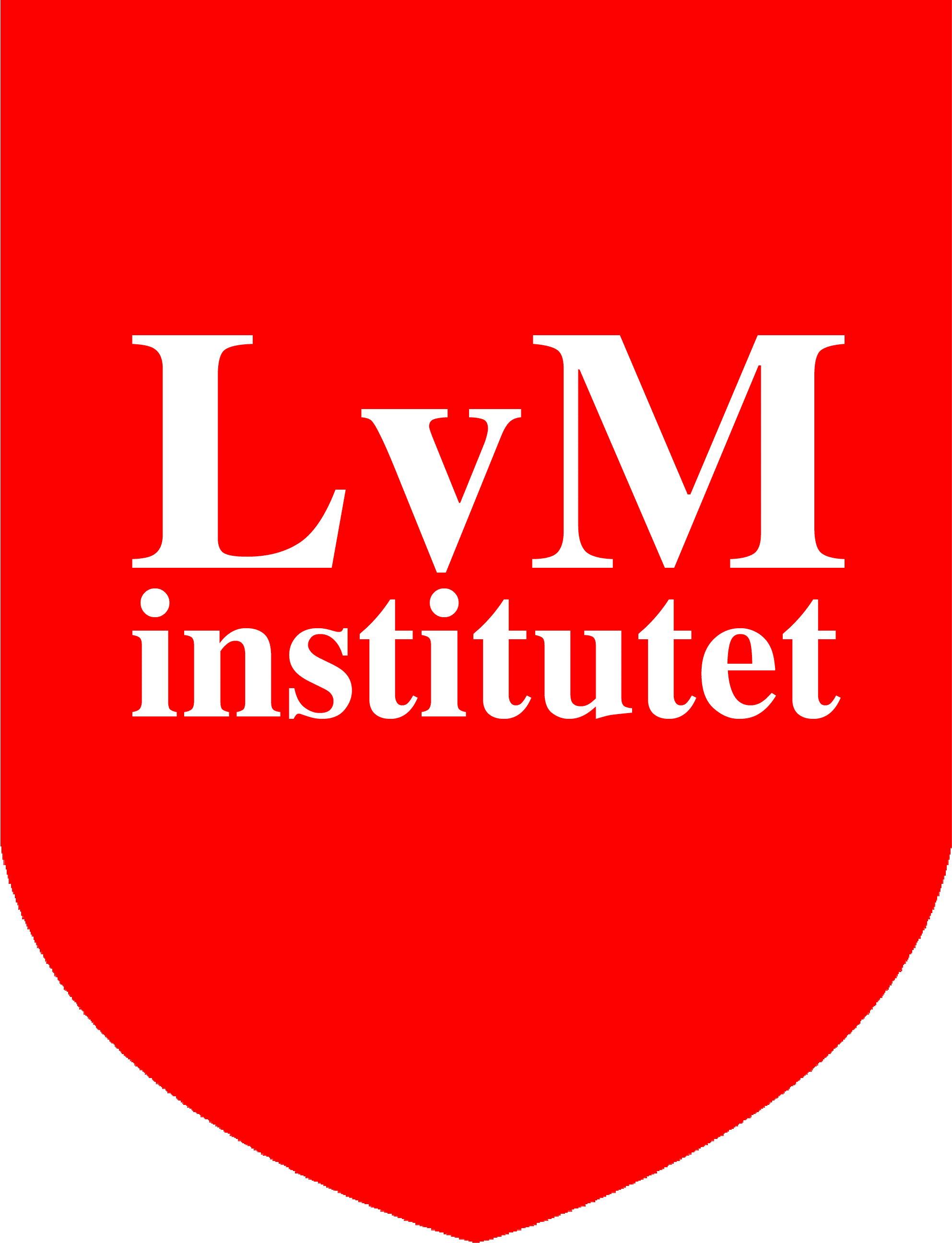Jag skrev tidigare att myndigheterna i ukrainska Lviv bestämt att man ska ta bort den plakett som är uppsatt på det huse i centrala Lviv där Ludwig von Mises växte upp. Uppenbarligen vill man inte ha något att göra med just denna del av stadens historia.
Och som jag också skrev tidigare författade jag ett öppet brev till borgmästaren. Detta har sedan redigerats och fler har valt att underteckna det. Faktum är att brevet i sitt nuvarande utförande, med samtliga underskrifter, är på väg i fysisk form via DHL till borgmästaren i Lviv. Om den senare över huvud taget bryr sig återstår att se, men om man bara ser till namnen och titlarna på de som skrivit under så skulle nog de flesta småstadsborgmästare göra stora ögon – och tycka att det var pinsamt. Lviv-byråkraternas agerande har utan tvekan hamnat på världskartan. (Jag har även bloggat om detta på Mises.org-bloggen.)
Här är brevet med signaturer (det fysiska brevet är en översättning av nedanstående originaltext till ukrainska):
To: Mr. Andríj Ivanovych Sadovýj, Mayor of Lviv;
Cc: Lvivska Miska Rada
Re: Lviv and Ludwig von Mises
30 October 2011
Dear Mr. Sadovýj,
This is to call your attention to a matter of symbolic and practical importance to the City of Lviv and to the countless admirers of one of Lviv’s most famous sons.
Lviv has an enviable history with many great sons and daughters. One of the greatest is no doubt the world renowned economist Ludwig von Mises. Born and raised in Lviv before the family moved to Vienna, Mises is known for many important breakthroughs in economic, monetary, and business cycle theory, the methodology of the social sciences, and for being one of the leading voices in the historically significant socialist calculation debate in the 1920s and 1930s. The numerous and voluminous works of Ludwig von Mises have shaped much of modern economic theory and his many theoretical advances have greatly contributed to both economic and political thinking. Current global financial and monetary challenges have both proven the accuracy of Mises theories and sparked unprecedented interest in his life and works.
By all available records, the Mises family’s industriousness, personal sacrifice and courage had made an extraordinary contribution to the progress and peace of Lviv and Galicia. This was the reason for Ludwig von Mises’s grandfather to be granted a patent of nobility. Considering the great historical and contemporary impact of Ludwig von Mises’s work, and the recent renewed global interest – indeed, a surge – in his work, we would expect the City of Lviv to host annual festivities to commemorate this great man and his achievements, dedicate the town library in his name, or establish a Mises museum to celebrate and document his life. Being the birth town of Ludwig von Mises, the City could venerate and benefit from his deeds and glory.
Yet the actions of the Standing Committee on Culture, Promotion, Media and Tourism of the Lviv City Council are in stark contrast to this great Lvivian heritage. Instead of celebrating their great son of Lviv, the Committee has decided to forcefully remove the plaque that commemorates Mises’s birth home. Such a disregard to Lviv’s own history is hard to comprehend. We can assure you that this motion is interpreted as a gesture of disgrace and bold intransigency.
We hope, Mr. Mayor, that you will be able to convince the Council and your fellow citizens not only to leave Mises’s memorial plaque at the house wall but undertake initiatives to honor his heritage. We remain open for discussion and cooperation for such initiatives.
Sincerely,
Per Bylund, The Ludwig von Mises Institute in Sweden
Dr. Krassen Stanchev, Institute for Market Economics
Ruta Vainiene, Lithuanian Free Market Institute
Signatories:
Dr. Roman Mogilevskii, Center for Social and Economic Research CASE-Kyrgyzstan,
Lisl Biggs-Davidson, Center for the Research into post-Communist Economies
Gia Jandieri, New Economic School – Georgia
Dr. John H. Moore. President Emeritus, Grove City College
Mirsuljan Namazaliev, Central Asian Free Market InstituteTsvetelin M. Tsonevski – Foundation for Economic Education
Prof. Miroslav Prokopijevic, Ph.D., IES & European University
Pavel Koktyshev, Institute for Public Policy
Linda N. Newton, Human Resource & Finance, Foundation for Economic Education
Josef Šíma, Ph.D., CEVRO Institute [school of legal and social studies]
Andrei Illarionov, PhD, Institute of Economic Analysis, Cato Institute
PD Dr. Michael Wohlgemuth, Walter Eucken Institut
Dr Alberto Mingardi, Istituto Bruno Leoni,
Prof. Pierre Garello, Aix -Marseille University and Institute for Economic Studies-Europe
Dr. Stefan Kolev, Wilhelm-Röpke-Institute
Jan Oravec, The F.A.Hayek Foundation
Svetozar (Steve) Pejovich, Professor Emeritus, Texas A&M University, Professor, University of Donja Gorica
Vadim Novikov, Russian Academy on National Economy and Public Administration
Dr. Franz-Lothar Altmann, Assoc. Prof.
Prof. Leonard P. Liggio, Atlas Economic Research Foundation
Prof. Donald J. Boudreaux, George Mason University
Dr. Barbara Kolm, F.A.v. Hayek Institut
Martin Zaimov, Chairman, Societe Generale Bulgaria
Carlo Lottieri, University of Siena and Istituto Bruno Leoni
Dr. Tom G. Palmer, Atlas Economic Research Foundation and Cato Institute
Ruzica Stojanovska, Ohrid Institute for Economic Strategies and International Affairs
Pierre Bessard, Liberales Institut, Zurich
Paata Sheshelidze, New Economic School – Georgia
Andreea Mihaela Prundeanu, Academy of Economic Studies
Karl-Peter Schwarz, Franfurter Algemeine Zeitung
Bojan Bogevski, Mises Macedonia
Wolf von Laer, Universidad Rey Juan Carlos
Frederik Cyrus Roeder, Ilia State University
Dr.Muhamet Mustafa, Prof. of Development Management, Pristina Unversity, Kosovo
Konstantin Bondarenko, Tajikistan Free Market Centre
Assoc. Prof. Katarina Zajc, Ph.D., LL.M., University of Ljubljana Law School
Linda Whetstone, Network for a Free Society
Dr. Zef Preci, Albanian Center for Economic Research
Prof. Jörg Guido Hulsmann, Université d’Angers and Ludwig von Mises Institute
